
Indonesia shifts into high gear on the road to becoming an EV hub
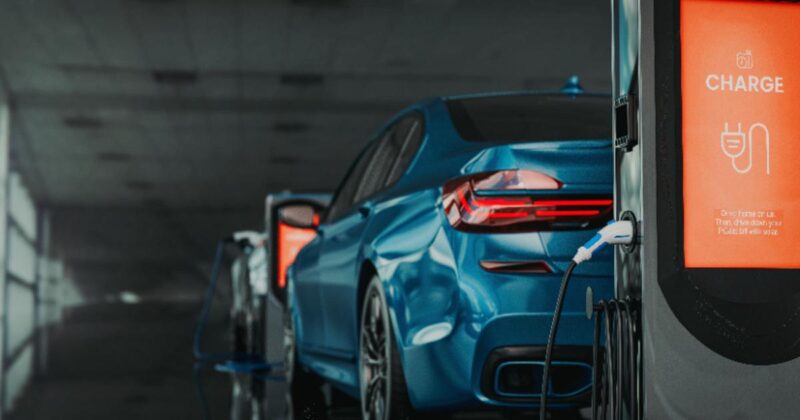
Around the world, companies are restructuring their supply chains as geopolitical shifts and technological advancements continue to transform the way goods are sourced, produced, and distributed. A recent Gartner survey found that for many global businesses, building supply chain resilience has now overtaken cost efficiency as the primary driver of production network shifts.
“Indonesia’s neighbors have been getting all the attention recently when it comes to supply chain resiliency, but this country has much to offer. We have a large domestic market and talent pool, and the government has been investing in modernizing its logistics sector through the National Logistics Ecosystem platform,” said Ahmad Mohamad, Senior Technical Advisor of DHL Express Indonesia.
This is particularly the case in high-growth sectors like electric vehicles (EVs), a focal point of industrial policy and investment worldwide. Today, EV manufacturers, battery producers, and suppliers face mounting pressures to adapt to evolving regulatory requirements and trade policy uncertainties. There is also the ongoing strategic need to secure access to critical minerals such as lithium, nickel, and cobalt – vital components of the lithium-ion batteries that power nearly all modern EVs.
Such pressures are reshaping the global EV manufacturing landscape, with Southeast Asia emerging as a significant beneficiary as automotive companies strive to establish more resilient and regionally diversified EV supply chains. Indonesia, in particular, is rapidly positioning itself as a stable, strategic hub for both EV production and aftermarket support.
But what advantages does Indonesia’s EV sector offer global businesses as they rethink sourcing strategies, assess new production hubs, and seek to capitalize on opportunities for growth?
Growing EV battery production
Indonesia is aiming to become the world’s leading producer of EV batteries by 2027 – an ambition underpinned by its commanding position in nickel. In 2024, the country accounted for over 56 percent of global mined nickel, with output forecast to rise by 7.7 percent to 2.4 million metric tonnes in 2025.
This abundant mineral wealth gives Indonesia significant leverage in the global EV supply chain. To harness this advantage, the government imposed a nickel ore export ban in 2020 to stimulate domestic battery manufacturing and attract international investors to set up facilities.
In 2024, it also launched Southeast Asia’s first EV battery plant in West Java. The facility is a joint venture between Hyundai, LG Energy Solution, and the state-owned Indonesia Battery Corporation. Several battery companies, including Foxconn and CATL, have subsequently announced plans to invest in Indonesia.
The government’s nickel ore policy has also helped Indonesia significantly boost export revenues. In 2023, for example, it exported approximately US$22 billion worth of processed nickel products – representing around 9 percent of its total exports. This marks a substantial increase from just 2 percent in 2019, with nickel-based products now joining coal and palm oil as one of Indonesia’s top three export earners.
Fueling market confidence with government support
The Indonesian government is making the development of the EV sector a national priority. In 2019, Presidential Regulation No. 55/2019 laid the groundwork for industry growth by establishing incentives for local manufacturers, including tax exemptions and import duty relief.
Jakarta has subsequently complemented this with additional incentives for foreign EV manufacturers to invest in local production facilities. For example, according to a policy announced in late 2023, automakers that have invested in, or plan to invest in, EV plants would be eligible for tax incentives on imports of completely assembled EVs until 2025. These include the removal of a luxury goods sales tax on imported vehicles.
Research indicates that Indonesia now produces up to 280,000 EVs annually, thanks to major investments from global companies such as BYD, Citroën, AION, Maxus, and Volkswagen.
The government has also set ambitious targets to accelerate domestic market adoption, aiming to have 2 million electric cars and 12 million electric motorcycles on the road by 2030. Sales growth reflects this momentum, with EV sales between January and August 2024 rising 177 percent compared with the previous corresponding period, according to government data.
“DHL Global Forwarding Indonesia is among the industry’s first to pilot electric van for inner-city deliveries,” said Nicholas Bongsosartono, President Director, DHL Global Forwarding Indonesia. DHL Group also sees electrification as a major lever for decarbonizing the supply chain and has set a target to achieve 66 percent of EVs for pickup and delivery globally by 2030.
Overcoming challenges
Indonesia’s government incentives demonstrate a strong commitment to growing the EV ecosystem by making the market more competitive and attractive to a broader range of manufacturers.
However, building a fully integrated EV value chain – from raw materials to end-user vehicle delivery – requires not only clear and consistent regulatory frameworks but also sustained investment in physical and digital infrastructure, such as public charging networks.
While the government and state-owned enterprises are expanding the EV charging network, particularly in urban areas such as Jakarta, Bali, and Surabaya, challenges persist. Research from PwC highlights that the relatively limited number of public charging stations remains a major deterrent for local consumers considering buying EVs.
Additionally, Indonesia’s EV ecosystem faces constraints in skilled labor availability, particularly in high-tech battery and EV component manufacturing, as well as logistical inefficiencies that can hinder supply chain development.
Enhancing supply chain efficiency with solid logistics partners
To overcome these obstacles and successfully expand into global markets, EV firms in Indonesia need reliable logistics partners that can streamline export operations and enhance supply chain efficiency.
DHL’s strong track record, global footprint, and substantial logistics investments in Indonesia position it well to support businesses as they grow and succeed. Its customers in this sector can access a comprehensive end-to-end logistics solution tailored specifically to EV supply chains.
This approach includes helping automotive makers enhance their EV production chain by utilizing multimodal transportation management, specialized warehousing with critical value-added services such as battery testing and charging, and comprehensive aftermarket battery handling solutions.
Companies also gain access to a dedicated team of EV logistics specialists who possess deep knowledge in navigating the sector’s complex demands while maintaining the highest safety and compliance standards.
The EV segment is part of DHL Group’s broader focus on the New Energy sector — a strategic growth area for the company — which encompasses the development of end-to-end logistics solutions for EVs, batteries, energy storage systems, and EV charging infrastructure. Through its New Energy initiatives, DHL is also advancing sustainable logistics solutions across other segments such as wind, solar, hydrogen, and alternative fuels, further reinforcing its commitment to supporting clean energy ecosystems.
The road ahead: securing a competitive edge
Indonesia presents significant opportunities for EV companies to enhance production network efficiencies. With abundant natural resources, a growing domestic market, and government-backed industrial policies, the country is making steady headway in its goal to become a key player in the global EV supply chain.
Companies that understand Indonesia’s evolving EV market dynamics – from regulatory shifts to logistics requirements – will be better equipped to navigate its fast-changing business environment.
Strategic partnerships will be essential to unlocking market access, boosting supply chain efficiencies, and securing a competitive edge in both domestic and international markets.
ALSO WORTH READING
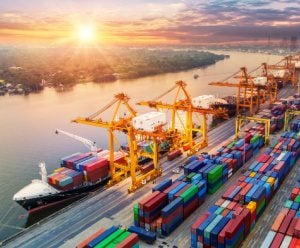
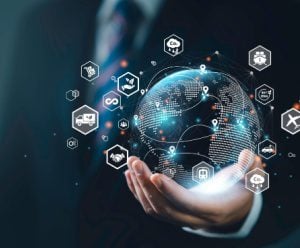
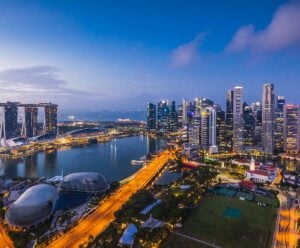
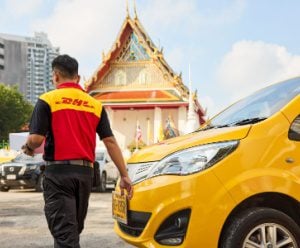




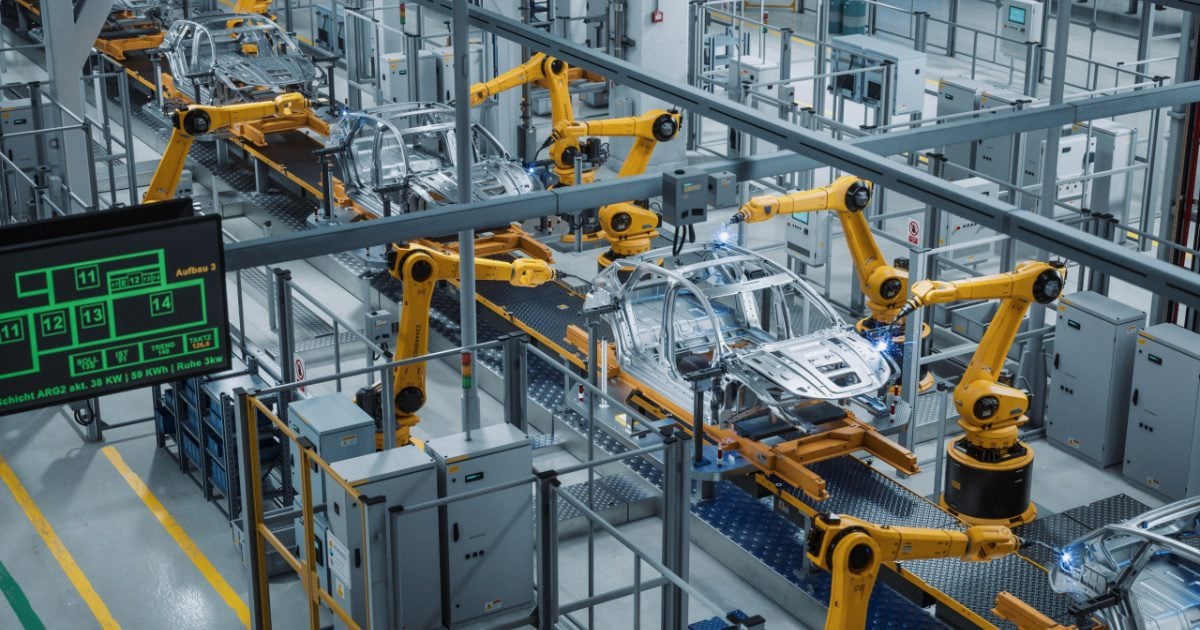
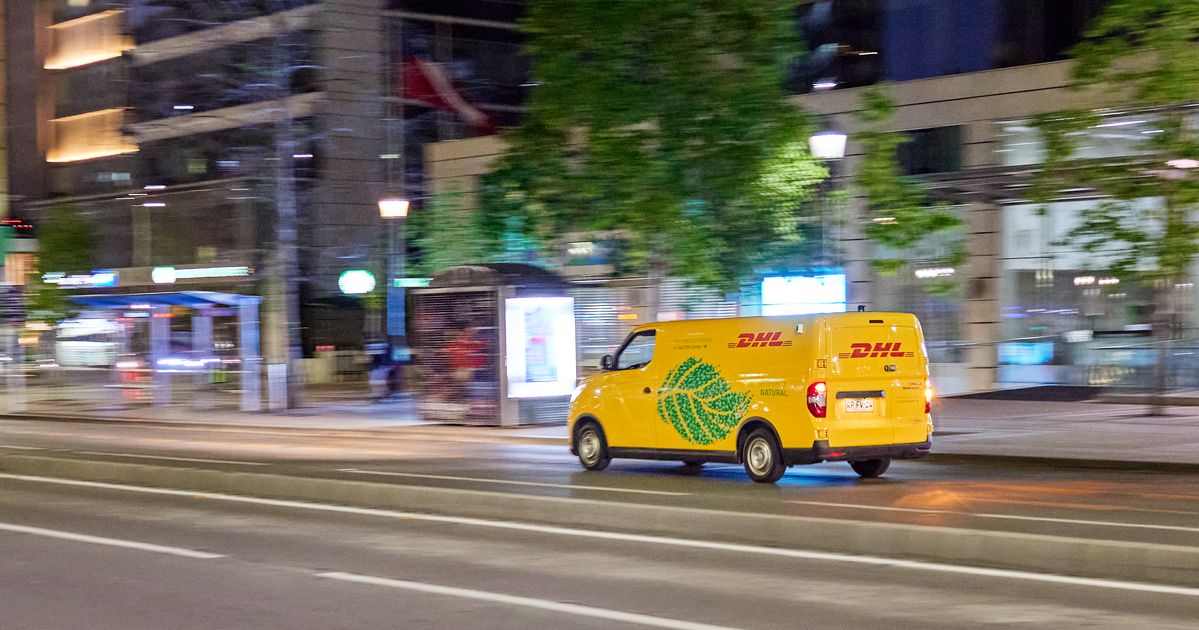
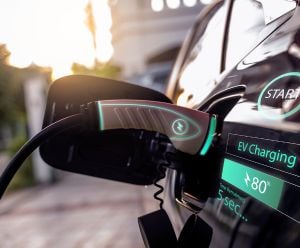
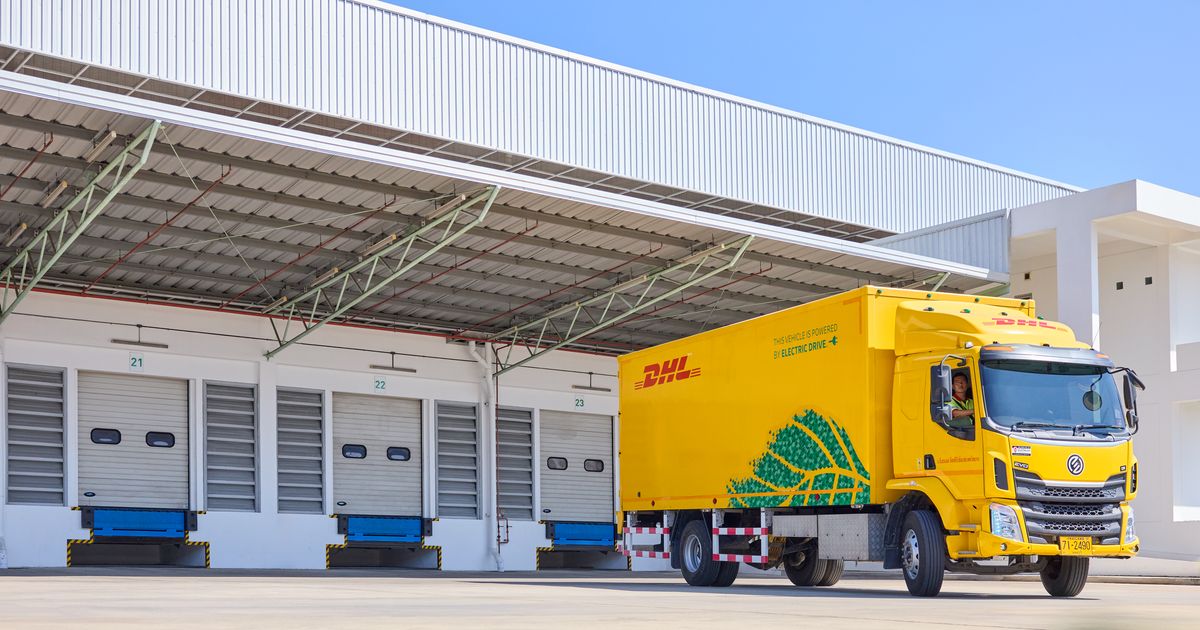





 English
English